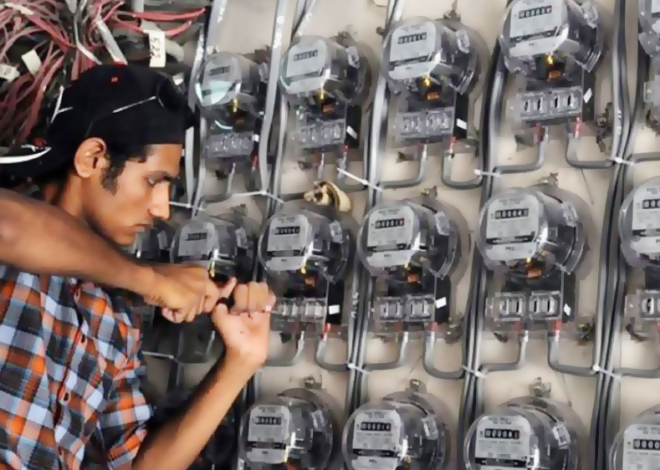
Alleged Gang-Rape in Faisalabad: A Harrowing Reflection of Systemic Gender Violence
A recent alleged incident in Faisalabad, where a woman was reportedly gang-raped in front of her husband, has reignited urgent conversations about gender-based violence, legal accountability, and societal complicity in Pakistan. While details remain under investigation, the case underscores the pervasive threats faced by women and the dire need for systemic reform.
The Incident and Immediate Response
According to preliminary reports, the couple was attacked by armed men in a rural area near Faisalabad. The assailants allegedly assaulted the woman while her husband was restrained. Local authorities have registered a First Information Report (FIR) under Pakistan’s anti-rape laws, which mandate life imprisonment or the death penalty for gang rape. Police claim to have identified suspects, but arrests remain pending as of this writing.
The case has sparked protests in Faisalabad, with activists demanding swift justice and condemning the normalization of sexual violence. Punjab Chief Minister Maryam Nawaz has ordered a “high-priority investigation,” while human rights groups stress the need for survivor protection amid fears of intimidation or societal backlash.
A Pattern of Violence: Pakistan’s Gender Crisis
This incident is not isolated. Pakistan records nearly 5,000 reported rape cases annually, though experts estimate actual numbers are far higher due to stigma and institutional distrust. The 2020 Motorway gang-rape case in Lahore, which triggered nationwide outrage, exposed similar failures: delayed police response, victim-blaming rhetoric, and sluggish judicial processes.
Cultural taboos around sexual violence often silence survivors. A 2021 Human Rights Watch report found that survivors face pressure to drop cases or settle out of court to “protect family honor.” Legal hurdles compound the trauma—forensic delays, biased investigations, and a conviction rate below 3% for rape cases.
Legal Reforms in Faisalabad: Progress and Pitfalls
In 2021, Pakistan passed the Anti-Rape (Investigation and Trial) Ordinance, establishing special courts, banning invasive “two-finger tests,” and allowing in-camera testimony to protect survivors. While hailed as progressive, implementation remains inconsistent. Rural areas lack trained officials, and many police stations still resist registering complaints, particularly from marginalized communities.
The Faisalabad case will test these reforms. Will the survivor receive expedited justice? Can authorities ensure her safety in a society that often ostracizes victims?
Societal Complicity and Structural Failures
The roots of this violence lie in patriarchal norms that devalue women’s autonomy. From classrooms to courtrooms, misogynistic attitudes persist. A 2022 survey by the Aurat Foundation found that 40% of Pakistanis believe “women provoke rape through immodesty.” Such myths embolden perpetrators and deter reporting.
Moreover, systemic neglect fuels risk. Poorly lit streets, inadequate public transport, and under-resourced police forces leave women vulnerable. Rural areas, where nearly 60% of Pakistanis live, face acute disparities in legal access and infrastructure.
The Road Ahead Faisalabad: Demands for Change
- Accountability: Authorities must ensure a transparent, survivor-centric investigation. Prosecutors should leverage DNA evidence and witness protection programs to secure convictions.
- Institutional Overhaul: Police require gender-sensitive training, while courts need resources to fast-track cases. The federal government must audit the 2021 law’s implementation.
- Cultural Shift: Public awareness campaigns, led by influencers and religious leaders, must challenge victim-blaming and promote consent education.
- Support Systems: Expand access to crisis centers, medical care, and legal aid for survivors. NGOs like War Against Rape and Sahil provide critical services but need state support.
Beyond Outrage to Action
The Faisalabad case is a grim reminder of the chasm between Pakistan’s legal promises and ground realities. While judicial outcomes remain pending, the incident must catalyze deeper reckoning. True progress requires dismantling the structures that enable violence—corrupt policing, patriarchal norms, and institutional apathy.
As activist Nighat Dad argues, “We cannot hashtag our way to justice.” The fight against gender violence demands sustained political will, societal courage, and unwavering solidarity with survivors. Until then, Pakistan’s women remain trapped between law and impunity.







